The Story Behind Our Journey
Get closer and find out the background stories that motivate us, the future goals we want to achieve and the successes we have achieved so far
The Pandemic Changes Everything
As the world faced the challenges of lockdown and social distancing during the global pandemic, many individuals and industries began to rethink their consumption patterns and resource use.
The shift toward sustainable feed emerged as a promising choice, offering a way to reduce environmental impact while ensuring reliable nutrition for animals.
Moreover, adopting sustainable feed proved to be more than just an environmental solution, it also supported food security and resilience, helping communities manage stress and uncertainty during these challenging times.
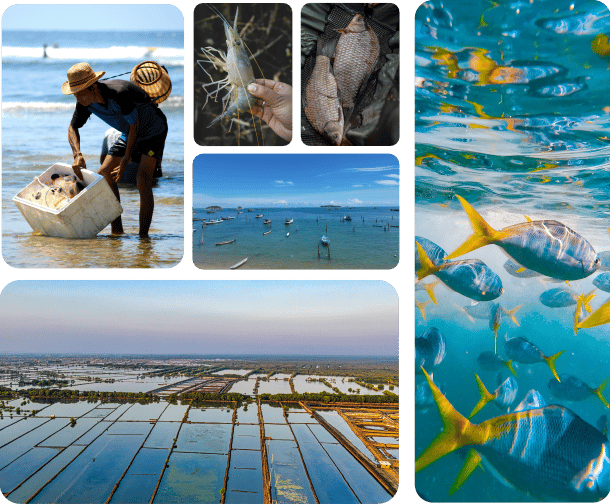

The Impact of Feed to the Environment
Feed waste is a pressing issue that goes far beyond simply disposing of leftover materials.
The excessive reliance on chemicals, artificial additives, and unsustainable ingredients in feed production significantly increases the carbon footprint.
The story of feed’s carbon footprint doesn’t stop at what goes into the formula. Many feed producers depend on imported raw materials that travel thousands of kilometers before reaching farms.
Each step of this journey, from large scale aquaculture farming to shipping across oceans, adds layers of emissions that burden the planet.
This dependence not only threatens long term sustainability but also exposes farmers and communities to volatile prices and supply chain disruptions.
By rethinking how feed is sourced and produced, we can address both the hidden carbon costs of ingredients and the heavy footprint of logistics, creating a path toward a more sustainable and resilient food system.
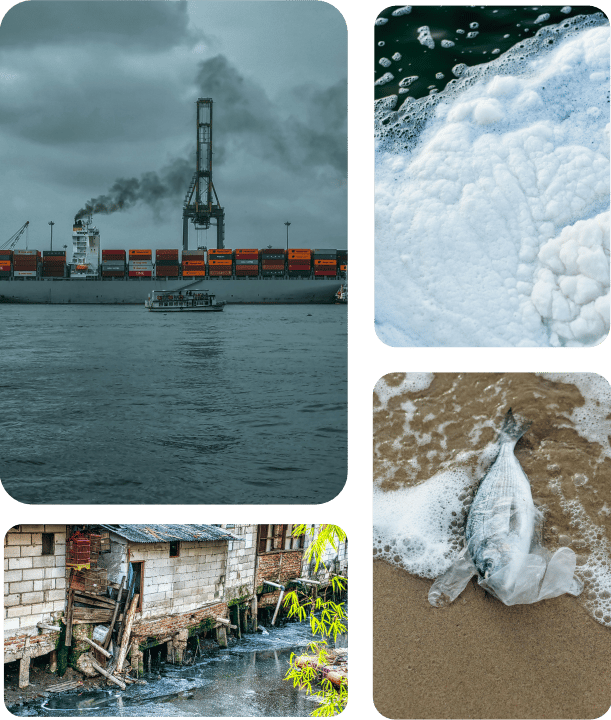

Local Resources is an Alternative Solution
Instead of relying heavily on imported raw materials, we can turn to the abundance of local resources that are often overlooked or discarded.
Fish processing waste, rice husks, corn by products, and other agricultural residues hold untapped nutritional potential that can be transformed into sustainable feed ingredients.
By reusing what was once considered waste, we reduce pressure on landfills and lower the demand for resource-intensive imports.
In addition, nature provides powerful allies in the form of insects and microalgae. Insects can convert organic waste into high-protein feed, creating a circular economy that minimizes waste and maximizes value.
Meanwhile, microalgae like spirulina and chlorella not only deliver rich nutrients for animals but also capture carbon during cultivation, making them a natural solution to climate challenges.
By combining fish waste, agricultural by products, insects, and microalgae, we can build a feed system that is local, circular, and low carbon ensuring food security while protecting the planet.
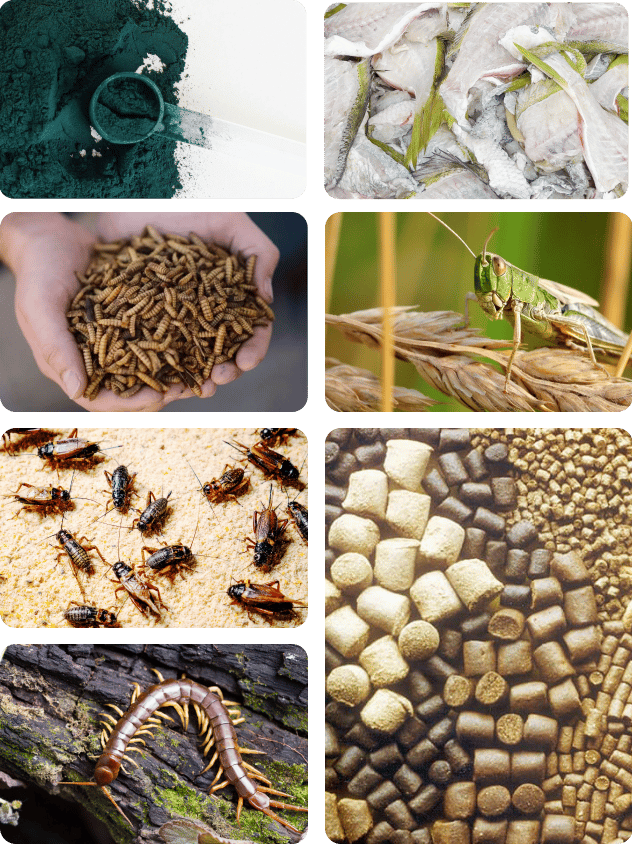


Yes, we care
ikanesia is a company that innovates in producing environmentally friendly feed and cultivating ornamental fish which is supported by distribution channels for MSME cultivation businesses.
With over than 12 years of experience in the fish cultivation industry and 6 years in feed manufacturer, we connect the dots, reach as much potential as possible and build collaboration with stakeholders to make a real contribution in realizing a better and more sustainable life.
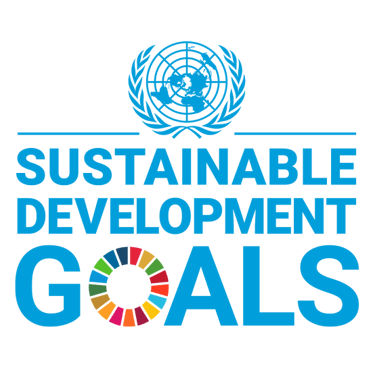
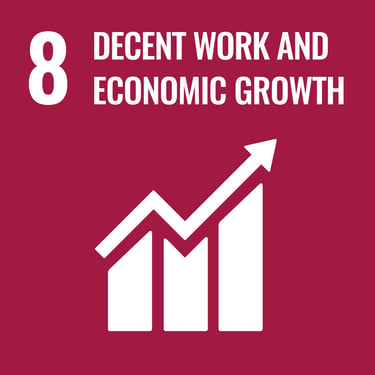
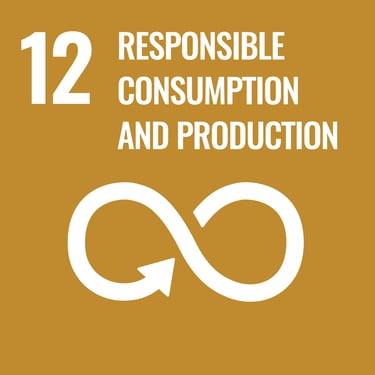
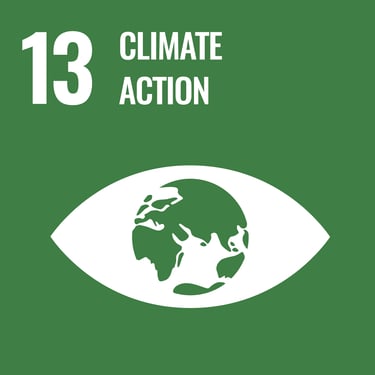
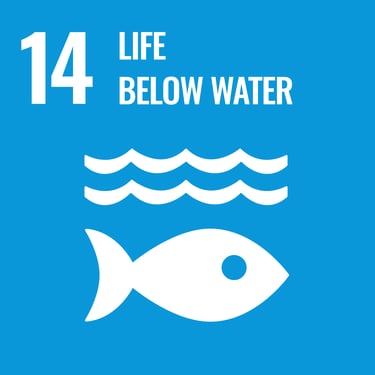
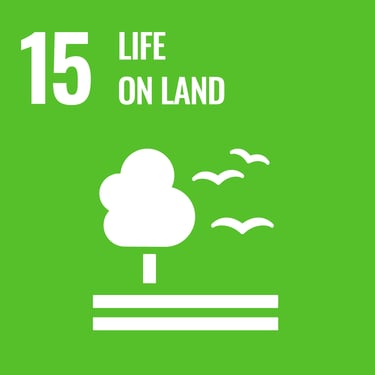

OFFICE
Minin street 134 RT 4 RW 2 Babelan
Bekasi Regency West Java
PT Ikanesia Nusantara Akuamarin
Plaza Summarecon Bekasi Lt 7
Bekasi City, West Java
WAREHOUSE
Phone
+62 21 5032 2012
+62 812 8099 3507
MANUFACTURE
Tanjung Kelayang street RT 32 RW 6
Tanjung Binga Village, Sijuk
Belitung Regency, Bangka Belitung
